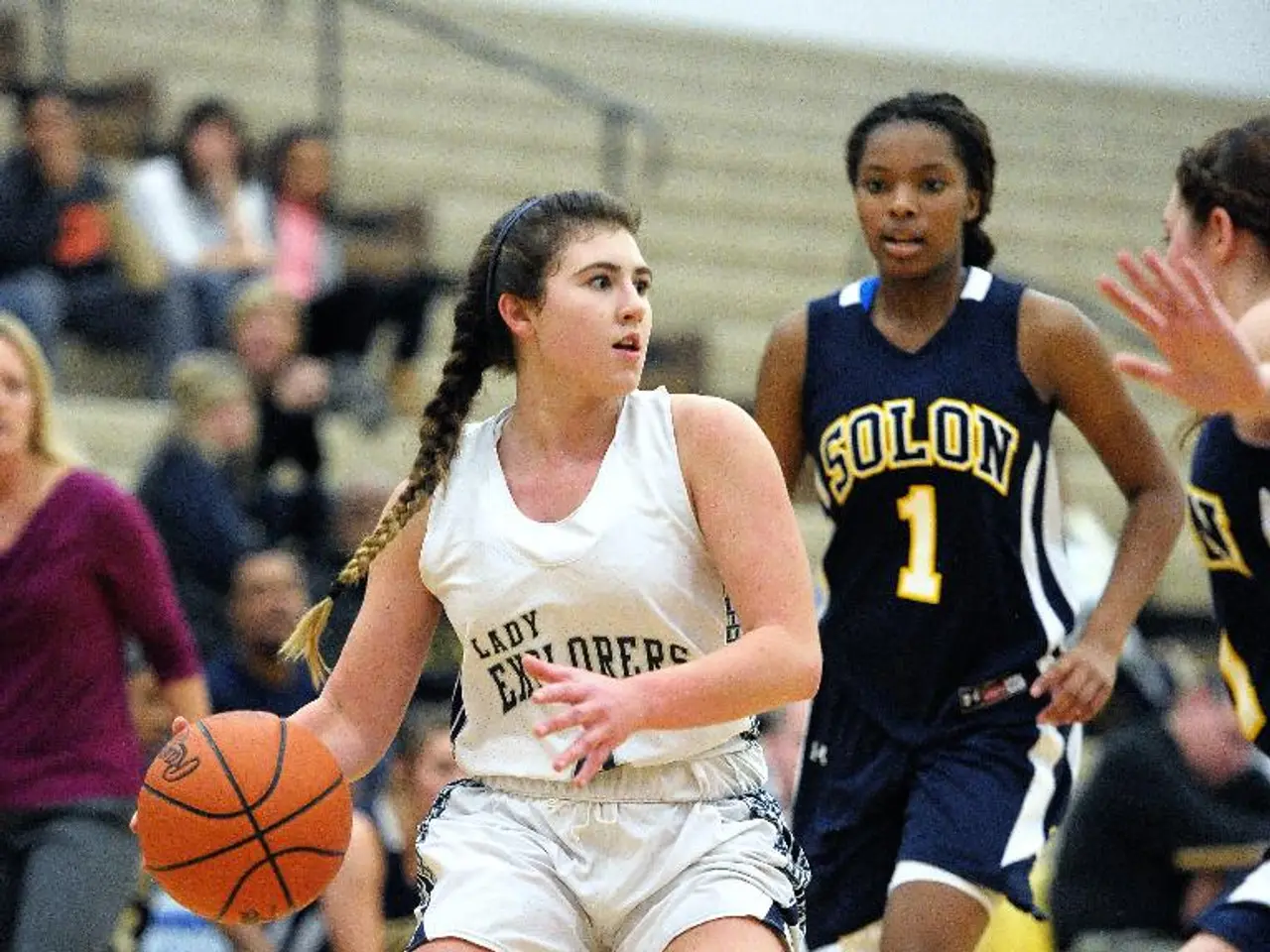Which athletic activity aligns with your preferences?
The University College London (UCL) recently published a study in the journal "Frontiers in Psychology," shedding light on the relationship between the Big Five personality traits and preferences for physical activities. Led by Professor Flaminia Ronca, the study focused on the influence of these traits on a combined cycling and strength training program.
The key findings reveal that personality significantly impacts an individual's preferences for physical activities and, in turn, their fitness outcomes.
Extraversion, one of the Big Five personality traits, is linked to higher baseline fitness and a preference for higher-intensity workouts such as High-Intensity Interval Training (HIIT) and VO₂ max cycling tests. Extraverted individuals tend to engage more in organized, vigorous exercise and enjoy social or group physical activities like dancing, group fitness, or team sports.
Conscientiousness, another trait, correlates with greater commitment to physical activity and a more active lifestyle overall, predicting higher baseline fitness. People high in conscientiousness are likely to be disciplined and consistent in their exercise routines.
On the other hand, neuroticism, a trait associated with anxiety or insecurity, is linked to lower willingness to exercise, poorer heart rate recovery, and a preference for light, low-intensity workouts at home versus group or lab-based settings. However, high neuroticism individuals were open to high-intensity workouts as long as they could take breaks, and they may require "space for independence and privacy" during exercise, often preferring relaxation exercises like stretching.
Agreeableness and openness to experience were less consistently linked to exercise engagement or preferences in this study.
The research suggests that tailoring exercise types to individuals' personality traits could improve adherence to physical activity and maximize fitness and stress-management benefits. For example, extraverts might thrive with dynamic group classes or competitive sports, while those high in neuroticism might benefit from private, low-pressure workouts at home.
The study did not discuss the potential reasons why certain personality traits might influence preferences for specific physical activities or provide information on the sample size or demographic of the participants involved. However, it did reveal that an individual's personality plays a significant role in determining their preferences for certain physical activities and their impact on well-being.
Furthermore, participants with high neuroticism showed a significant reduction in stress levels after the training program. Professor Ronca emphasizes, "Enjoyment is a key factor in behavior change." Finding a sport that suits our personality can make it less of a chore, leading to increased likelihood of long-term exercise engagement and overall health.
For those interested in learning more about their personality traits, the Wilhelm-Wundt-Institute for Psychology at Leipzig University offers a free and anonymous test on its website. This test can help individuals understand themselves better and potentially guide them towards physical activities that align with their personality traits.
Science reveals that an individual's Big Five personality traits can influence their preferences for health-and-wellness activities, particularly fitness-and-exercise regimes. For instance, extraverted individuals tend to engage in organized, vigorous workouts such as High-Intensity Interval Training (HIIT) and group fitness, while those high in neuroticism might benefit from low-pressure, private workouts at home.




